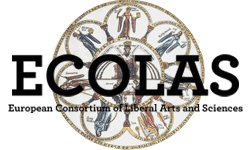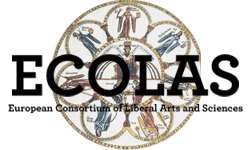Liberal Arts and Sciences Philosophy
European Universities show a growing interest in liberal arts & sciences study programs for their undergraduate division. These programs are different from most programs in European Universities in that their curricula show a specific format and are based on a two-dimensional philosophy.
The LAS format enables the student to gradually zoom in on an academic ‘major’, without having to choose that direction right from the start of his/her university career. Students are asked to build themselves a convergent study path through which they not only get acquainted with a variety of academic disciplines but also get the opportunity to focus on themes or disciplines of their main interest. That results in a kind of pre-specialization that may be continued in graduate studies.
The LAS philosophy is a truly ‘educational’ philosophy in that it balances the cognitive and the moral/ethical aspect of knowledge. In this philosophy education is seen as Bildung in which the cognitive (piling up pieces of knowledge) and moral (developing a sense of responsibility) dimensions of knowledge coincide. In contemporary universities in Europe the emphasis is on the first dimension not on the second. A sad example of this can be found in the Education at a Glance reports that are publishes yearly by the OECD: it is all about the level and quality of teaching within the cognitive domain, but not a single word about the importance of developing responsibility, citizenship and global awareness among students and faculty in the universities’ educational activities.
Hans Adriaansens, Founding Dean of University College Utrecht and Roosevelt Academy/University College Roosevelt




